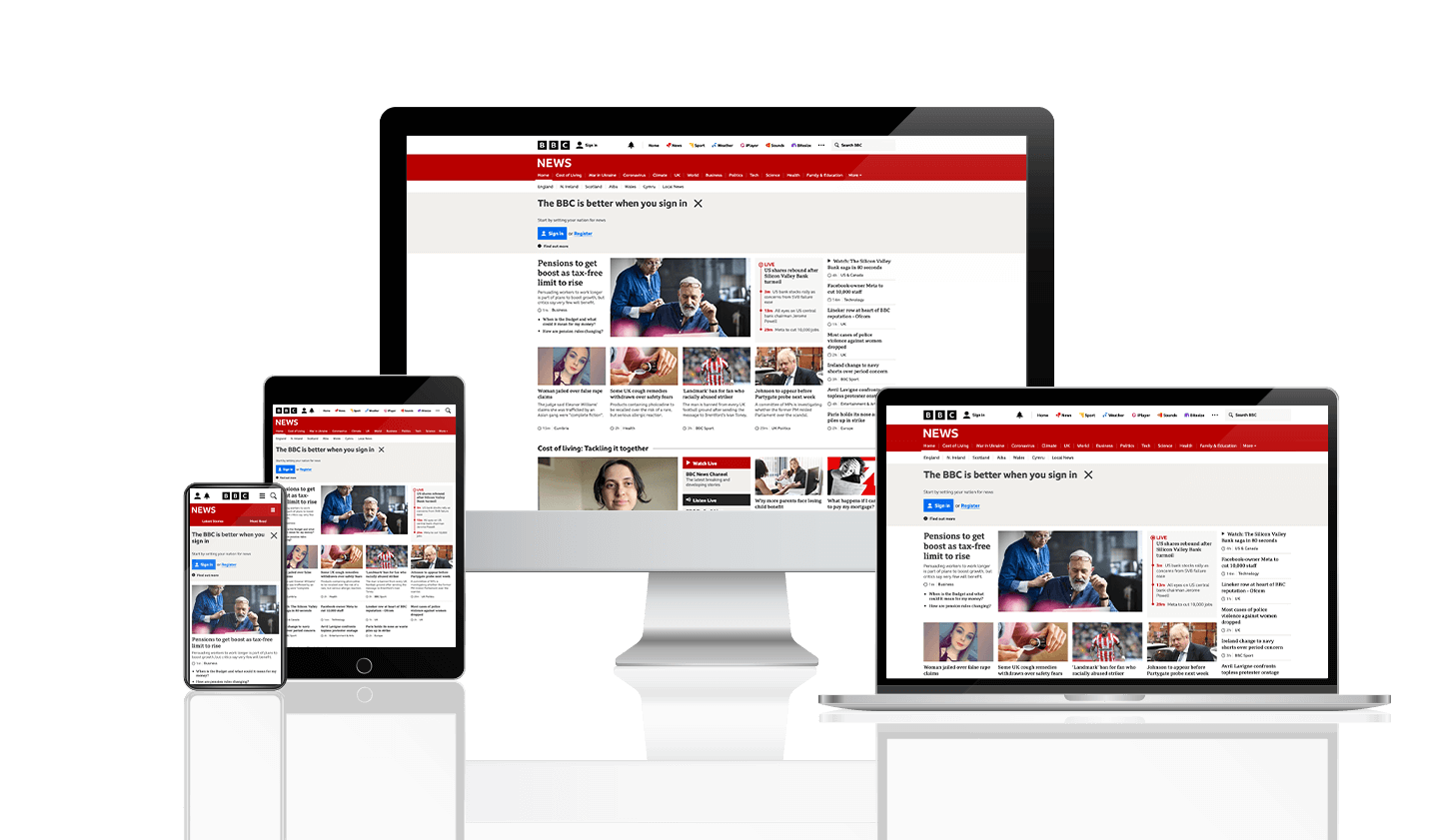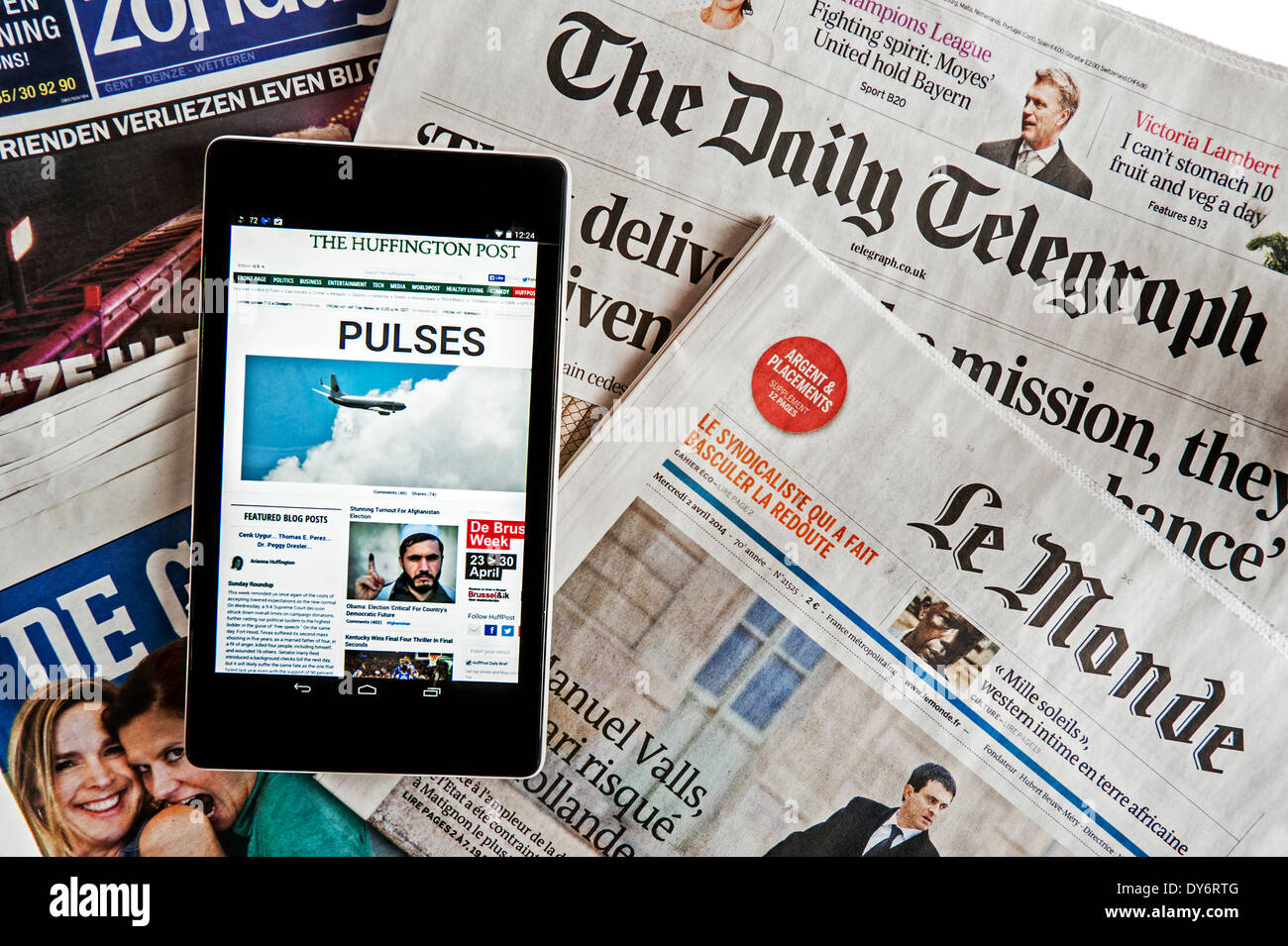Inside Look at How stnews.live Curates News
Wiki Article
The Relevance of Fact-Checking on the planet of News Online
The prevalence of misinformation in today's online news landscape has gotten to worrying levels. Fact-checking organizations play an essential role in combating this trend. They confirm cases and improve the trustworthiness of journalism. The performance of these organizations commonly hinges on their approaches and public understanding. As audiences navigate this intricate atmosphere, the implications of their findings might shape the future of news intake and depend on. What does this mean for the integrity of details moving on?
The Rise of False Information in the Digital Age
Just how has the advent of electronic technology added to the spread of misinformation? The quick growth of the internet and social networks systems has actually facilitated the circulation of info at an unprecedented rate. Individuals can share short articles, video clips, and viewpoints with a plain click, commonly without confirming the material's precision. Algorithms focus on spectacular or psychologically billed product, causing a spreading of deceptive narratives that catch attention.In addition, the privacy paid for by electronic systems allows people to spread false information without liability (stnews.live). False information prospers in resemble chambers, where customers are subjected primarily to point of views that reinforce their beliefs, better lodging falsehoods. The saturation of information can bewilder individuals, making it testing to discern reliable resources from undependable ones. False information has actually become a prevalent concern in the electronic landscape, influencing public viewpoint and trust in legitimate news resources.
The Duty of Fact-Checking Organizations
Fact-checking companies play a vital function in improving the credibility of journalism by verifying insurance claims made in news reports. Their initiatives are vital in combating misinformation, making sure that precise info dominates in the electronic landscape. By holding media electrical outlets answerable, these companies add considerably to informed public discussion.Enhancing Credibility in Journalism
While misinformation multiplies in the digital age, fact-checking organizations play a necessary duty in boosting the integrity of journalism. These organizations thoroughly validate claims made in newspaper article, public declarations, and social media sites messages, guaranteeing that details disseminated to the general public is precise and trustworthy. By providing independent evaluations, they offer as an important resource for reporters, helping them keep high requirements of integrity. Furthermore, their efforts promote transparency in media, promoting public trust. As audiences end up being significantly critical, the visibility of reputable fact-checking entities can distinguish reputable news resources from those that might spread out fallacies. Eventually, the commitment of fact-checking organizations to support reliability is important for the health and wellness of democratic discussion.Combating Misinformation Efficiently
As misinformation proceeds to spread out rapidly across electronic platforms, the role of fact-checking organizations comes to be increasingly essential in the battle for accurate information. These companies offer as watchdogs, looking at insurance claims made by public numbers and media electrical outlets to guarantee accountability. By employing rigorous research study techniques and professional evaluation, they verify facts and make clear misleading stories. Their searchings for are shared via different networks, educating the public and promoting vital reasoning. On top of that, collaborations with social networks systems enhance their reach, permitting prompt flagging of incorrect details. As digital literacy expands, the influence of fact-checking organizations is essential in equipping audiences to recognize truth from fallacy, inevitably adding to a more enlightened culture.How False Information Affects Public Perception
False information greatly weakens count on media, leading target markets to wonder about the reliability of news sources. As a result, people commonly are attracted in the direction of outlets that strengthen their existing ideas, adding to the polarization of viewpoints. This dynamic develops a fragmented information landscape, where shared comprehending becomes increasingly tough to attain.Count on Media

Rely on media has actually ended up being increasingly fragile in the digital age, where the fast spread of incorrect information can alter public understanding. As false information proliferates across social networks and online systems, audiences commonly discover it challenging to recognize legitimate sources from undependable ones. This uncertainty promotes suspicion, leading numerous individuals to examine the intentions behind news coverage. Depend on in established media electrical outlets has diminished, as consumers progressively turn to alternate resources that might lack strenuous content standards. This erosion of depend on not only affects individual ideas yet also threatens the cumulative capability to take part in educated discussions. Ultimately, the stability of journalism goes to stake, highlighting the important requirement for efficient fact-checking to recover self-confidence in the media landscape.

Polarization of Opinions
The enhancing suspicion towards typical media has added to an expanding polarization of viewpoints amongst the public. Misinformation, typically shared via social networks and on the internet systems, plays a considerable duty in shaping unique ideological separates. Individuals regularly seek details that lines up with their pre-existing beliefs, enhancing their point of views while dismissing opposing viewpoints. This echo chamber impact magnifies departments, bring about a fragmented public discussion where consensus comes to be increasingly evasive. Furthermore, sensationalized narratives flourish in this setting, additionally skewing public understanding and cultivating question in trustworthy resources. As polarization escalates, the requirement for reliable fact-checking comes to be vital to bridge gaps and advertise notified conversations, inevitably making sure a much more cohesive culture with the ability of navigating intricate problems.Strategies for Reliable Fact-Checking
Effective fact-checking counts on a methodical approach that consists of comprehensive study, confirmation of resources, and critical analysis of insurance claims. A foundational strategy is cross-referencing info from multiple legitimate resources to confirm its precision. Fact-checkers commonly utilize specialized data sources and archives to trace the origin of particular declarations, guaranteeing that the reported info straightens with recorded evidence.One more essential approach involves inspecting the context in which cases exist. Deceptive details can occur from out-of-context quotes or careful information use. By checking out the broader story, fact-checkers can identify possible biases or misconceptions.
Furthermore, involving with experts in appropriate areas can give clarity and insight that boosts the fact-checking process. This collaboration can reveal subtleties that laypeople might neglect - stnews.live. Inevitably, a self-displined strategy combining these strategies promotes a more enlightened public, boosting the that site dependability of information shared in the electronic age
The Influence of Social Network on News Consumption
How has social media sites changed the means individuals consume news? The appearance of platforms like Facebook, Twitter, and Instagram has especially altered news usage patterns. News is click this site now disseminated rapidly, permitting users to access real-time updates and involve with web content with sort, shares, and remarks. This immediacy has fostered a preference for bite-sized information, typically at the cost of extensive analysis.Moreover, social media allows personalized news feeds, where algorithms curate material based on individual choices, developing resemble chambers that might limit direct exposure to diverse perspectives. The duty of standard news electrical outlets has actually decreased as individuals progressively count on peer referrals and trending subjects. The credibility of information is frequently endangered, as sensationalism can overshadow valid reporting. On the whole, social networks has reshaped news intake, stressing rate and customization while testing the requirements of journalistic integrity.
Encouraging Audiences to Recognize Reputable Sources

In addition, examining the authorship and business background of news posts can expose prospective prejudices. Cross-referencing info throughout several reliable electrical outlets better boosts the verification procedure. Using digital devices, such as internet browser extensions that rank the credibility of websites, can likewise assist in recognizing reliable details. By proactively engaging with these resources and growing a critical frame of mind, target markets can better furnish themselves to determine trusted news resources, eventually fostering an extra enlightened society among the intricacies of today's media environment.
The Future of Journalism and Fact-Checking
As the media landscape advances, the future of journalism and fact-checking deals with both challenges and opportunities. The surge of electronic systems has democratized information dissemination, permitting diverse voices to arise. However, this has additionally brought about the spreading of false information, necessitating robust fact-checking mechanisms. Journalists will progressively depend on innovation, including AI tools, to validate facts rapidly and efficiently.Partnership between wire service and fact-checking entities is expected to reinforce credibility and openness. Target market involvement will play an essential duty, as educated visitors end up being considerable partners in recognizing reliable material.
The demand for liability and accuracy Web Site is most likely to expand, pressing journalists to support high criteria in their coverage. Eventually, the future of journalism may hinge on its ability to adapt to technological improvements while preserving journalistic honesty, making certain that fact-checking remains a cornerstone of qualified news.
Often Asked Concerns
Exactly How Can I Report Misinformation I Run Into Online?
To report false information experienced online, individuals can use platform-specific reporting devices, supply clear evidence, and share the info with fact-checking companies. Involving with area conversations can likewise aid raise understanding concerning the false information.What Prevail Signs of Misinformation in News Articles?
Usual indicators of false information in newspaper article include mind-blowing headings, absence of reputable resources, psychological language, inconsistent realities, and lack of author credentials. Readers need to critically assess content for these indications to discern precision.How Do Fact-Checkers Verify Resources?
Fact-checkers verify resources by cross-referencing details with trustworthy data sources, seeking advice from professionals, and analyzing the original context of insurance claims. They additionally examine the reliability of the sources, making certain precise and credible details for public consumption.What Lawful Actions Can Be Taken Versus Misinformation?
Lawsuits against misinformation may consist of libel claims, cease-and-desist orders, and regulatory fines. Targets can prosecute via civil courts, while some jurisdictions enforce penalties or permissions on systems distributing false info.Exist Apps for Fact-Checking News On-The-Go?
Numerous applications exist for fact-checking news on-the-go, including Snopes, FactCheck.org, and PolitiFact. These applications aid individuals verify cases swiftly, advertising notified decision-making and fostering a much more discerning method to consuming news in real-time.Report this wiki page